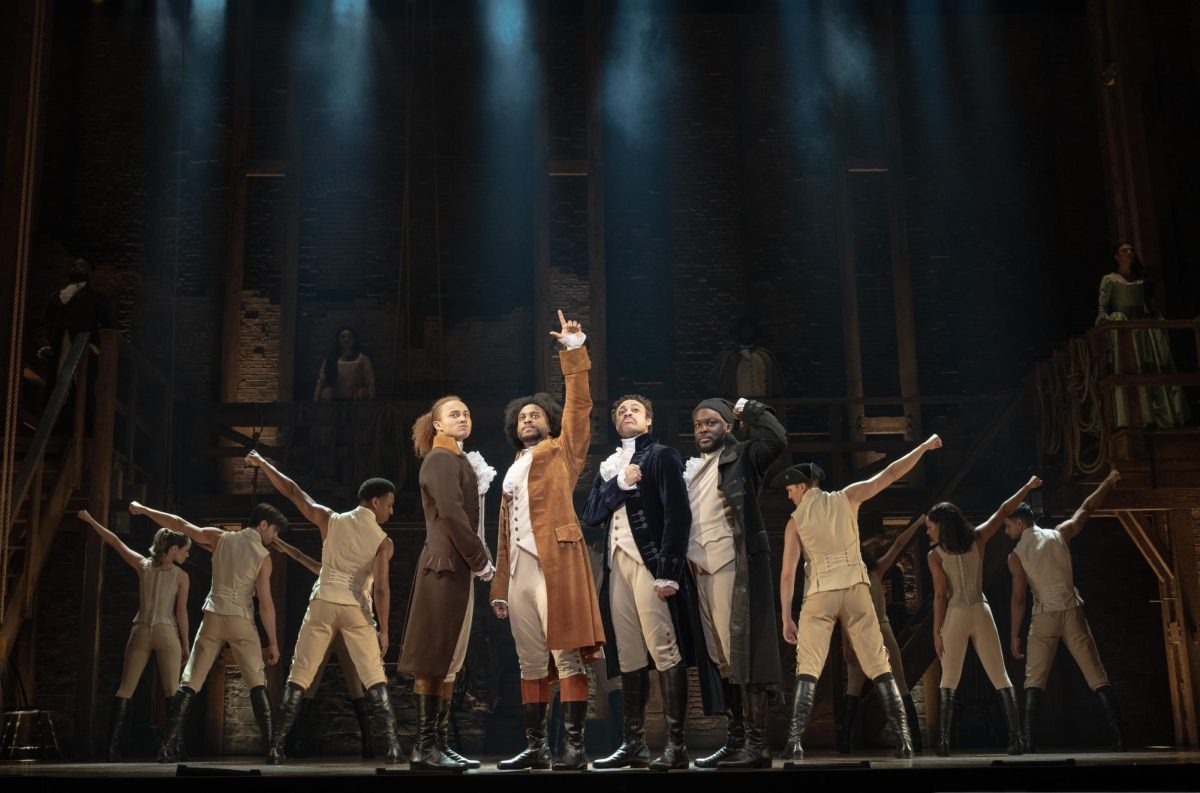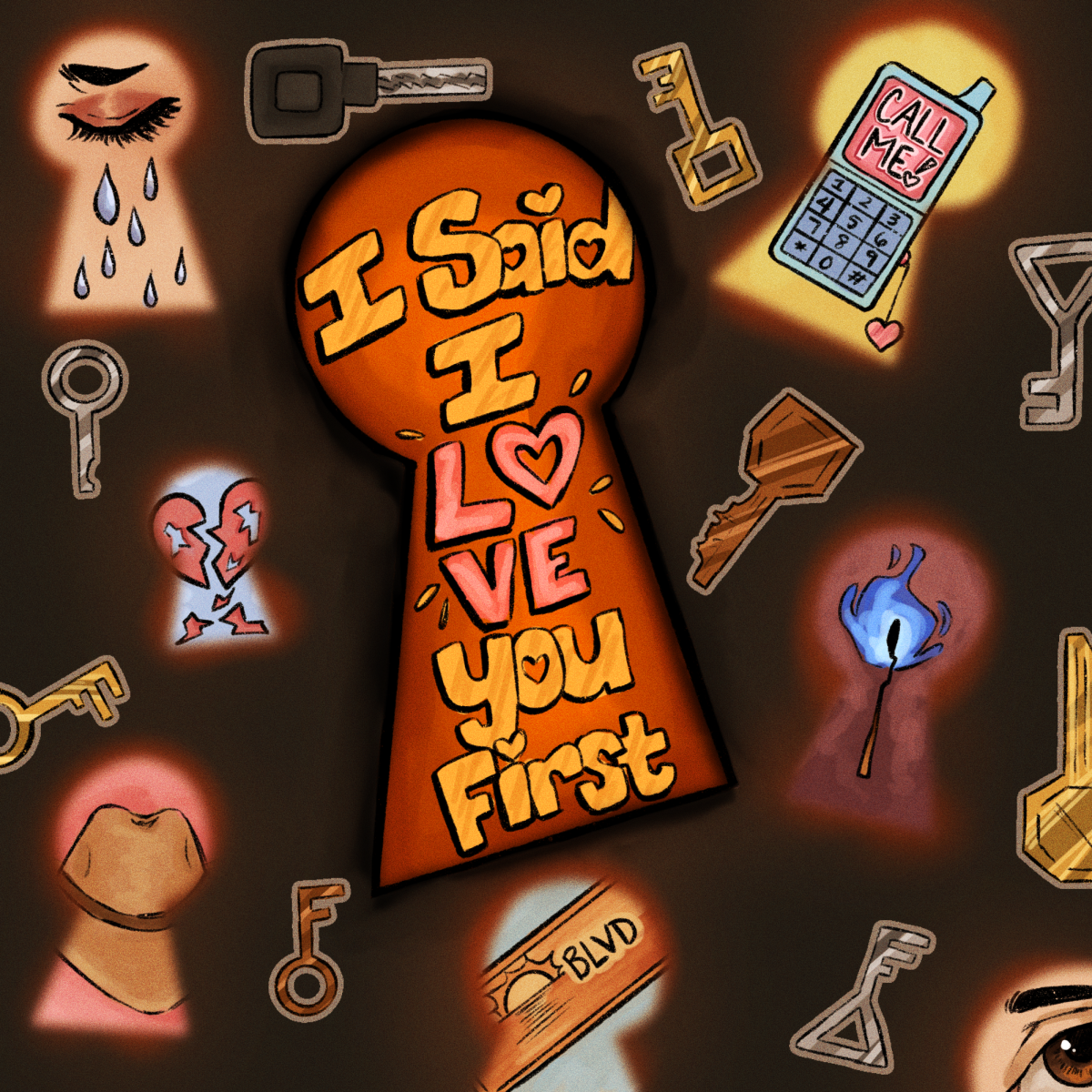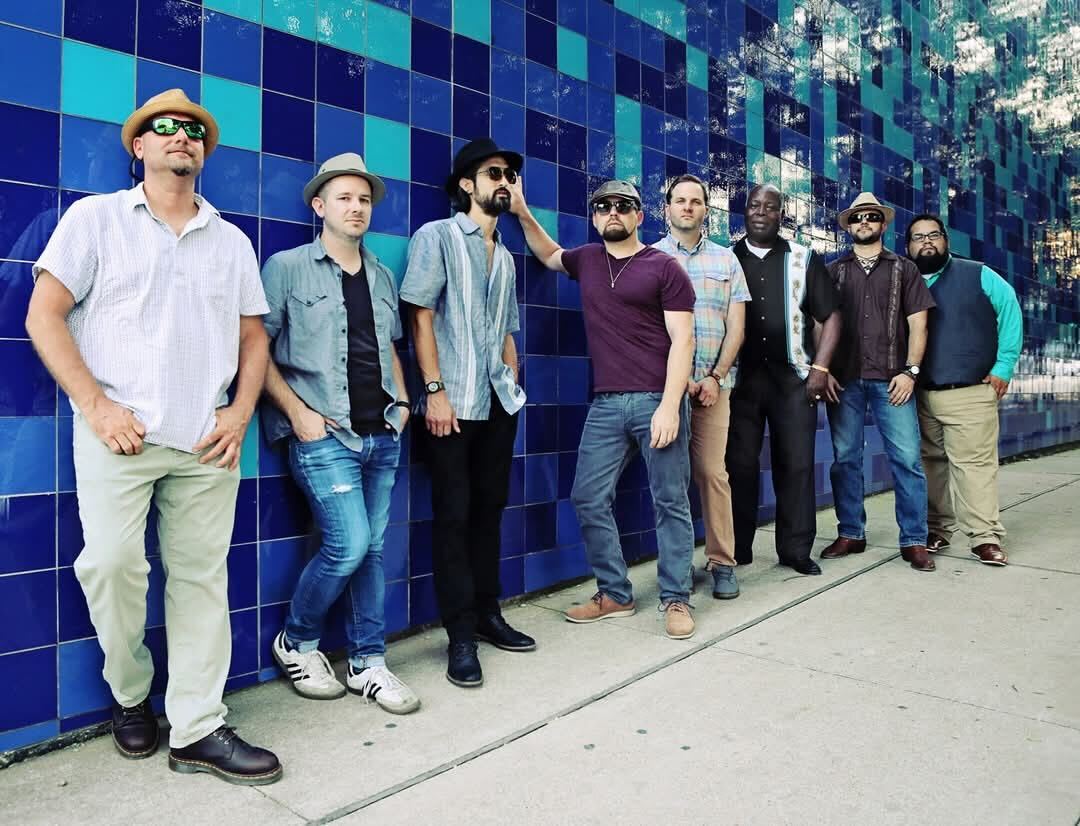Editor’s note: This is the second in a three-part series examining the different strategies and resources that various local musicians use to keep afloat in Austin’s legendary live music scene.
All artists can relate to the challenge of getting their name and music out. The Internet is where most people go to find new music. Through websites like Bandcamp, Facebook, PureVolume, ReverbNation and SoundCloud, artists of varying levels of popularity can upload their music for listeners to stream and download. These websites are useful for emerging artists because it keeps the relationship between fans and bands closer. For example, on Facebook, artists post pictures from their performances, allowing fans to tag themselves and interact with one another.
Where Facebook is more about the band-fan connection, sites like Bandcamp give bands the opportunity to make some money off their music. Local experimental rock trio Boyfrndz enjoy using Bandcamp over most sites. The group’s guitarist and vocalist, Scott Martin, likes that the website offers free streaming and hosting. This is great for fans because they can listen to full-length songs and not 30-second snippets before deciding on purchasing an album.
Bandcamp primarily caters to independent artists, but even more commonly-known musicians like Omar Rodriguez-Lopez and Sufjan Stevens use the site. Singer-songwriter Amanda Palmer sold more than $15,000 worth of music and merchandise in under three minutes through Bandcamp back in 2010. Many do-it-yourself musicians also prefer Bandcamp because of its 15 percent commission on digital sales and 10 percent on physical sales, which is lower than similar sites.
San Marcos punk group Zlam Dunk also prefers Bandcamp over other music store websites. “When people buy our music through their [Bandcamp] site, they don’t kill us by taking a huge percentage of the royalties,” said Zlam Dunk guitarist Brett Thorne. In comparison to iTunes’ 30 percent commission, Bandcamp’s low 15 percent is a cheaper alternative.
But what’s the point of having great music to share if fans don’t know where to get it? A solution to this problem has come with the rise of download cards. Download cards are usually attached with a unique code that allows users to download a band’s music. Artists can profit off of their download cards by selling them or handing them out for free.
“As far as download cards, or even business cards go, they’re something that costs us practically nothing that people can put into their pockets so they remember us,” Martin said. You can’t shove a CD into a pocket. Download cards, or a business card providing information to your band’s downloadable content, is the best way to go for getting your music out in a convenient and affordable manner. This year’s South By Southwest is an example of how artists are using download cards over CDs.
“I was handed so many different business and download cards during SXSW,” said philosophy junior Alejandra Ramirez. Ramirez prefers the cards over CDs because they are easier to carry around. “It was cool returning to my dorm after all of the festivities, and downloading a bunch of really good music from the download cards I had received.”
Zlam Dunk had fun with their download cards. Loving basketball, the group used vintage basketball cards at their album pre-release party last month. With download codes attached, fans were able to download the band’s latest album, Balcones, for free. “What other band has ever done download codes on a basketball card? It’s all about making an impression.” Thorne said.
Making an impression is also a crucial part of selling band merchandise. The most devoted fans will almost surely buy an artist’s merchandise, but if it can simultaneously serve as a fashion statement, it’s a win-win.
“With the dwindling profits of physical album sales, it is even more important to focus on having cool and unique merch for your fans to buy,” Thorne said. From bracelets to sunglasses and koozies, Zlam Dunk has an assortment of merchandise that sets them apart from most bands selling the usual T-shirts or posters.
If you need help with creating merchandise designs, Thorne suggests simply asking one of your art-savvy friends for assistance. “We had our dear friend, Rand Renfrow, do some shirt designs for us and they came out very radical,” Thorne said. Friends that specialize in art are good to hire, because you’re giving them the opportunity to showcase their talent. Sure, you could hire someone random, but building a business relationship with your friend could allow them to meet with other bands, and possibly work for them, too.
Through these alternative means, bands can achieve fan support, without breaking their budget.
“If you like a band and dig their music, support them by buying something,” Martin said. “It really is encouraging, and it really does help.”




















